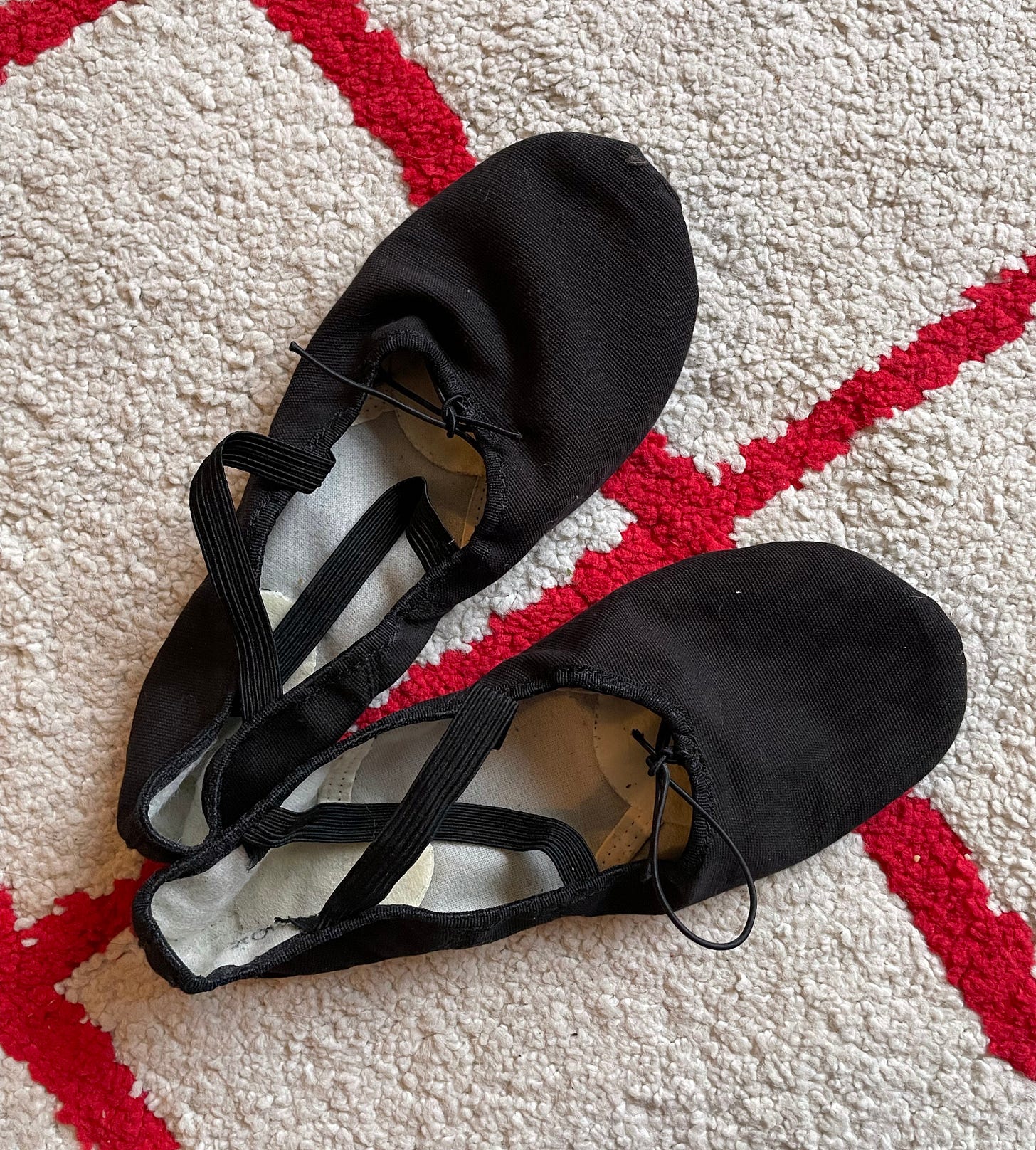Non-Clarity
November 6, 2024
3-Item Status
Current location: En Route to Minneapolis, MN
Reading: On Writing and Worldbuilding: Volume 1 by Timothy Hickson
Listening: still feel by half•alive
Quick Notes
Little Trip: Taking a quick little roadtrip with my girlfriend through Wausau and Minneapolis this week—if all’s gone according to plan, I’m already on the road as you’re reading this :)
New Work: This week’s Let’s Know Things is about British Coal, and yesterday’s Brain Lenses essay was about Anticipatory Obedience. I also wrote a piece in Writing & Such about Writing and Vocational Awe.
Question: No question today—I’m frankly just too winded from all the election stuff. Instead, please share your favorite joke in the comments, as a palate cleanser.
(If you have a moment, reply with your own 3-Item Status and/or Quick Notes about what’s happening in your life.)
Non-Clarity
I’m writing this before the end of election day, so I don’t know how everything’s going, whether I’m thrilled or sobbing, or how everyone involved is spinning whatever we seem to know at the moment you’re reading this.
But I would suggest, during this period of non-clarity and potential tumult, that we all take a deep breath, that we remember what’s important (according to our own sense of morality, not just in terms of ballot box issues), and that we figure out what our next steps look like with those intrinsic values as our focus.
I think these sorts of moments can help clarify things following a period of “will it play in Peoria?”-style politicking. Many of us rearrange our priorities (for a time) based on campaign data and polls, and often based on “lesser of two evils” thinking, as well. That can mean setting aside (at least some of) what we actually think is important in support of politically relevant outcomes.
Consider returning to the bigger picture for a bit and recalibrating things accordingly.
Also, this is a good time to remember that whatever the outcome, there will be something like 100 million people (in the US, alone) who are incredibly disappointed, disillusioned, and feeling pretty dang bad (and/or angry) in the near-future, if not already. So let’s keep that in mind as we interact with each other: leading with kindness and understanding whenever possible, and aiming for non-malignancy as a baseline.
Again, I don’t know how things have turned out as I write this, so this may hit differently depending on how the dice land in the coming days.
But I’m already glad the whole jittery parade is over; I feel like US election season is expanding to encompass even more of the calendar, Christmas shopping season-like, and I don’t think that’s good for our collective sanity or discourse.
If you enjoyed this essay, consider supporting my work by buying me a coffee.
Interesting Links
Ants are 140 million years old, older than us by far, older even than the dinosaurs. There are some 14,000 known species of them, on every continent save Antarctica. Only 50 have been studied in any real depth. Some farm fungus; some enslave other ants; some weave nests from larval silk; some build leaf castles mortared with aphid spit; some build bridges from their own bodies; some keep other insects as livestock; some work security for trees in exchange for nectar, a home.
Everything ants do, they do without central control—even though individual ants are dumb, mostly blind, and can’t remember anything for more than ten seconds.
Last Saturday, at 9am, I encountered a woman in my local park sporting an inverted black paper bag on her head, her hair sprouting out from under this unexpected genre of whimsical hat. She was amiably accosting members of the public who had gathered at the park, armed with a contagious smile, a pen, and a clipboard. As I got closer, I saw that her makeshift hat had two words scrawled on it: “Nag Bag.”
I had spotted one in the wild: here was a supercitizen.
How Humans Wrestle Against Rivers
In the last article, we started looking at rivers, understanding one of their most significant traits: They naturally move, and this can have serious consequences for humans and politics, to the point of getting presidents killed. Today, we’re going to go deeper to understand why rivers move, how humans have tried to wrangle them, and what the future of rivers holds.
(If you want more links to interesting things, consider subscribing to Aspiring Generalist.)
Question
No question today!
The election was too exhausting.
Please post your favorite joke in the comments :)

Outro
Hopefully I’m on the road as you read this, on my way north and a little west to Wausau, Wisconsin—home of a wonderful art museum and a strange, rustic-themed hotel where my girlfriend and I will be staying.
Then we’re headed west to Minneapolis to visit some other museums and arty things, alongside the Mall of America, because she’s never been and last time I visited (a long, long time ago) I found it to be kitschy and delightful.
Just a short roadtrip (hoping to be back in time for my ballet class Saturday morning), but a nice deviation from the normal routine to help us reset before all the holiday stuff lands on our laps.
What’s on your agenda for the rest of November? Drop me a message and tell me about it, and/or take a moment to introduce yourself—I respond to every message I receive and would love to hear from you :)


My favorite political sign this year--which is basically a joke--is: "I Support Friday Fish Frys!"
Rivers are made up of water that moves freely and produces great disasters. It is fundamentally because humanity, people who live next to them and use them, have to pay a price for it and the example is what has happened in Spain in Valencia, possibly 1,500 dead, although only 200 have died so far.